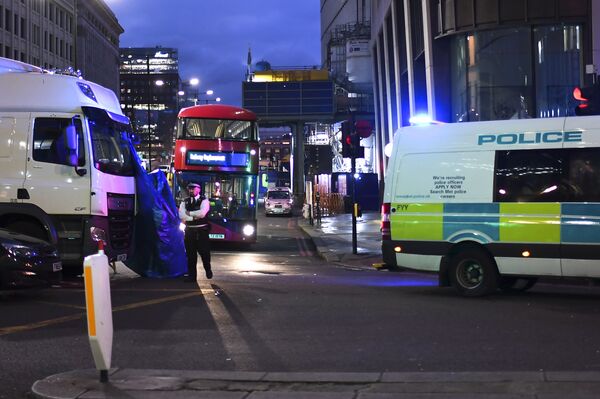Terrorists in prison may see their incarceration tenure “as an opportunity” to organise and plan their attacks, a radicalisation report warns as the government looks to introduce harsher and long sentencing.
Research from the International Centre for the Study of Radicalisation (ICSR) published on the 22 July discovered that since 2016, at least five terror attacks have been organised or carried out by prisoners serving time and released.
These attacks included the Fishmongers’ Hall and Streatham, and a plot by a terror cell who had met inside prison.
The report covers 10 European countries including the UK and warned that jihadists were “increasingly turning prisons into a theatre of conflict and confrontation”.
“There is an emerging view among extremists that prison is an opportunity, not necessarily just to recruit or network, but to also work on themselves”, the study said.
“Imprisoned recruiters learn psychology to become better recruiters, for example, while imprisoned ideologues learn Islamic and jihadist history to become better ideologues".
Terrorists also see their time in prison as "test" of their commitment to the cause and a way to recover Daesh battlefield losses, the report argued.
Extremists “actively look to recruit inside prisons”, and that there risks involved with both introducing terrorists throughout the incarcerated population and putting them together.
Researchers found that terrorist will also utilise their period inside the prison system as a way of gaining a better understanding of how it operates and how authorities work. They will also pose as well-behaved and compliant in order to get released sooner.
One example of the false cooperated cited was the Fishmongers’ Hall attacker, Usman Khan, who had been involved in rehabilitation and disengagement programs in HMP Woodhill and was considered a success of the deradicalisation system before carrying out an attack at an event for Cambridge University’s Learning Together scheme in 2019.

Khan was initially jailed in 2012 for planning to establish a terrorist training camp in Kashmir but had his sentenced reduced following an appeal and freed in December 2018.
He recorded in prison that his past beliefs had come from “misinterpretations of Islam” and he was “on a new path”.
“I would like a chance to prove to you that I will not cause harm to nobody in our society", he wrote.
The ICSR highlighted how he had “built up trust with authorities” and participated in the government’s Desistance and Disengagement Programme (DDP) as well as complying with probation conditions.
Regardless whether Khan had "gamed the system" or legitimately relapsed following his release, the report says that it revealed that the system's effectiveness, both inside and outside prison, is questionable.
The researchers urged governments to evaluate risk-assessment tools and deradicalisation programs amid a rising problem of terrorist attacks taking place inside prisons.
“Increasing sentences may be a popular idea, but if that’s not matched with investment in prisons to avoid basic issues such as overcrowding and understaffing, then it’s just a partial measure and is only shifting the problem to the prison setting", the report's co-author, Rajan Basra, told The Independent.
The study comes as the government introduces The Counter-Terrorism and Sentencing Bill, which aims to give authorities the power to increase both the time served in jail and the proportion of punishment for terror-related offenses.
Currently, 238 terrorist prisoners are incarcerated in England and Wales - 183 of which are classified as Islamist extremists and 44 as far-right.




